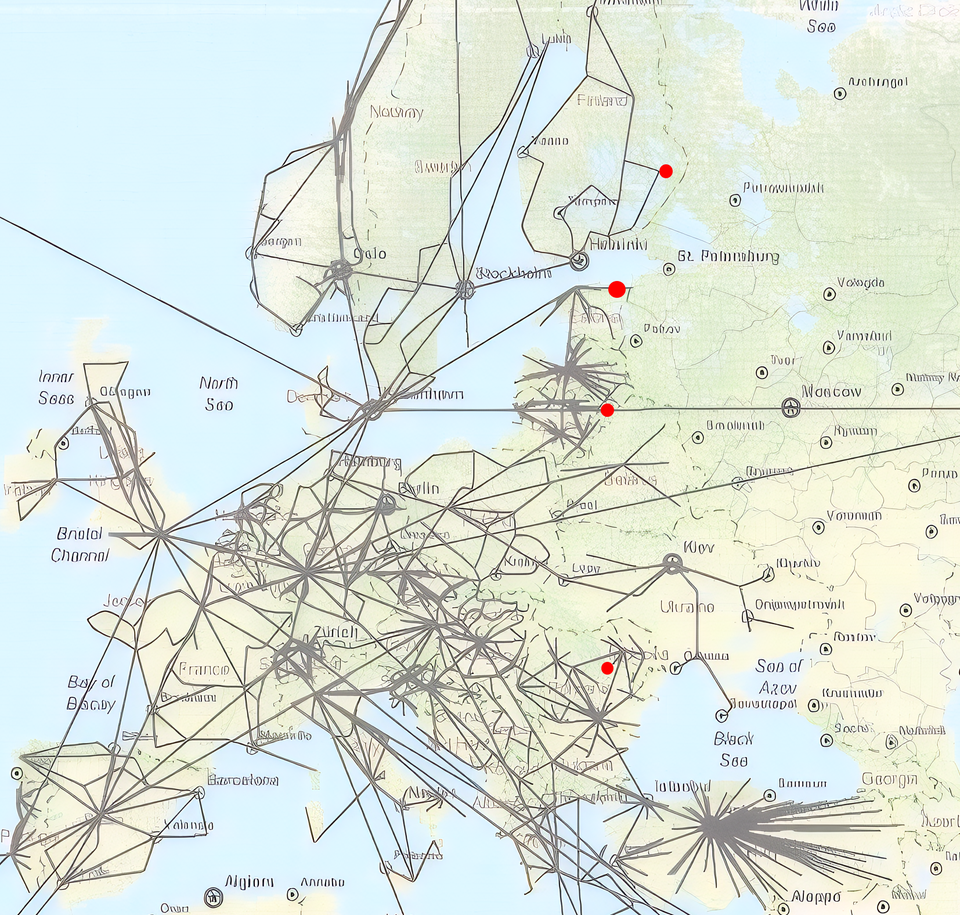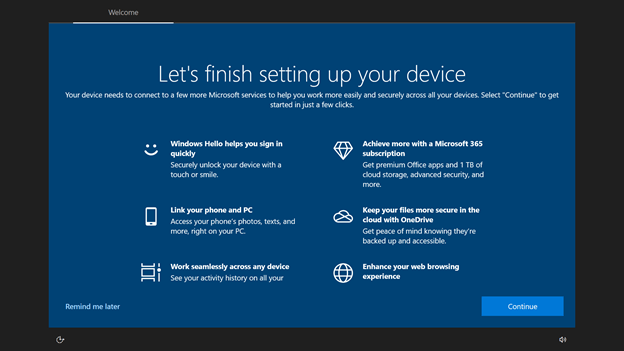

I liked agile as it was practiced in the “Extreme Programming” days.
-
Rather than attempt to design the perfect system from the get-go, you accept that software architecture is a living, moving target that needs to evolve as your understanding of the problem evolves.
-
Rather than stare down a mountain of ill-defined work, you have neat little user stories that can be completed in a few days at most and you just move around some Kanban cards instead of feeding a soul-sucking bureaucratic ticketing, time tracking and monitoring system.
-
Rather than sweat and enter crunch mode for deadlines, the project owners see how many user stories (or story points or perfect hours) the team completes per week and can use a velocity graph / burndown chart to estimate when all work will be completed.
.
But it’s just a corporate buzzword now. “We’re agile” often enough means “we have no plan, take no responsibility and expect the team to wing it somehow” or “we cargo cult a few agile ideas that feel good to management, like endless meetings with infinite course changes where everyone gives feel-good responses to the managers.”
Having a goal, a specification, a release plan, a vision and someone who is responsible and approachable (the “project owner”) are all part of the agile manifesto, not something it tries to do away with. I would be sad if agile faces the same fate as the waterfall model back in its time and even sadder if we return to the time-tracking-ticket-system-with-Gantt-chart hell as the default.
Maybe we need a new term or an “agility index” to separate the cases of “incompetent manager uses buzzword to cover up messy planning” from the cases of “project owner with a clearly defined goal creates a low-bureaucracy work environment for his team.” :)














Stage 2:
Documents folder? You want to rule my whole computer, dictate some nonsensical folder structure and then you act like, out of the goodness of your heart, I can have this little set of folders, deep in your weird structure, to store my stuff? And you’re even telling me how to sort it? On my own hard drive connected to my own computer?